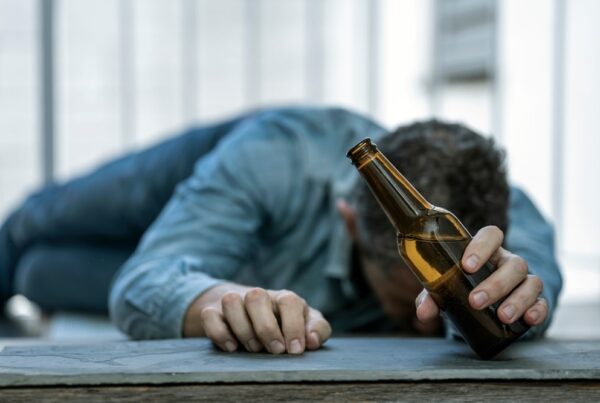The short answer is yes; you can die from alcohol withdrawal. Although alcohol is legal for consumption in America for individuals over the age of twenty-one and many individuals drink alcohol on a regular basis without any problems, there are many potentially dangerous side effects that can result from alcohol consumption (i.e. alcohol abuse, addiction, development of related physical ailments…etc.). According to the National Institute on Alcohol Abuse and Alcoholism (NIAAA) most Americans over the age of eighteen have consumed alcohol at some point in their life. Furthermore, one out of three visits to the emergency room in the US are related to the consumption of alcohol.
Detox
Detox is the process an individual must go through when beginning substance abuse or addiction treatment to rid his or her body from all foreign substances. There are several different types of detox methods available, but the safest method to detox from alcohol abuse is a medical detox. This enables an individual to be supervised by a medical professional throughout the duration of his or her detox process. Additionally, in certain situations medications can be administered to help reduce some of the withdrawal symptom discomforts. Due to the effect alcohol has on one’s body, quitting cold turkey, without proper care can be dangerous.
Alcohol Timeline & Withdrawal Symptoms
Each individual is different, and the exact withdrawal timeline from alcohol will vary from person to person. Typically, alcohol withdrawal is divided into three stages. The first stage begins around eight hours after one’s last drink. Withdrawal side effects during the first stage include examples such as insomnia, excessive sweating, anxiety, stomach cramping and nausea. The second stage occurs between twenty-four to seventy-two hours after one’s last drink. Various side effects that occur during the second stage can include confusion, high blood pressure, elevated body temperature, and unusual heart rate. The third stage usually begins between two to four days after one’s last drink. This stage comes with the most severe of symptoms, which can include agitation, high fevers, hallucinations, delirium tremens (DTs), and seizures. Although the craving for alcohol may linger, most symptoms generally begin to dissipate within five to seven days after one’s last drink.
Delirium Tremens
The most dangerous, and potentially fatal, withdrawal symptom that can occur when detoxing from alcohol is known as delirium tremens. Habitually abusing alcohol over an extended period of time affects how one’s brain functions by interfering with one’s ability to regulate brain chemicals. There are certain risk factors that can contribute to potentially developing delirium tremens, which include the following:
- Seizure history
- Heart disease
- Liver disease
- Chronic alcohol abuse
- History of delirium tremens
Delirium tremens can begin to show up anytime from forty-eight hours after one’s last drink or take as long as ten days after one’s last drink of alcohol to appear. Examples of symptoms exhibited in an individual suffering from delirium tremens can include any combination of the following: confusion, agitation, hallucinations, rapid heartbeat, elevated blood pressure, sweating, and fever. Delirium tremens, when not medically attended to can become fatal. The death rate from delirium tremens is thirty-seven percent (without proper treatment) and fifteen percent (with proper treatment). Do not delay in seeking medical treatment as soon as possible if signs of delirium tremens present.
For Information and Support
If you are concerned for yourself or a loved one in regards to substance abuse and/ or addiction we recommend reaching out for help as soon as possible. If left untreated, substance abuse can result in long lasting and potentially life threatening consequences. Keep in mind: you are not alone! There is an entire network of professionals that are available to help and support you and your loved one throughout the recovery process. The earlier you seek support, the sooner your loved one can return to a happy, healthy and fulfilling life.
Please do not hesitate to reach out with any questions regarding our specific program at Haven House Addiction Treatment and/ or general substance abuse and/ or addiction treatment related information. Our highly trained staff is readily available to discuss how we might best be able to help you and your loved one.



